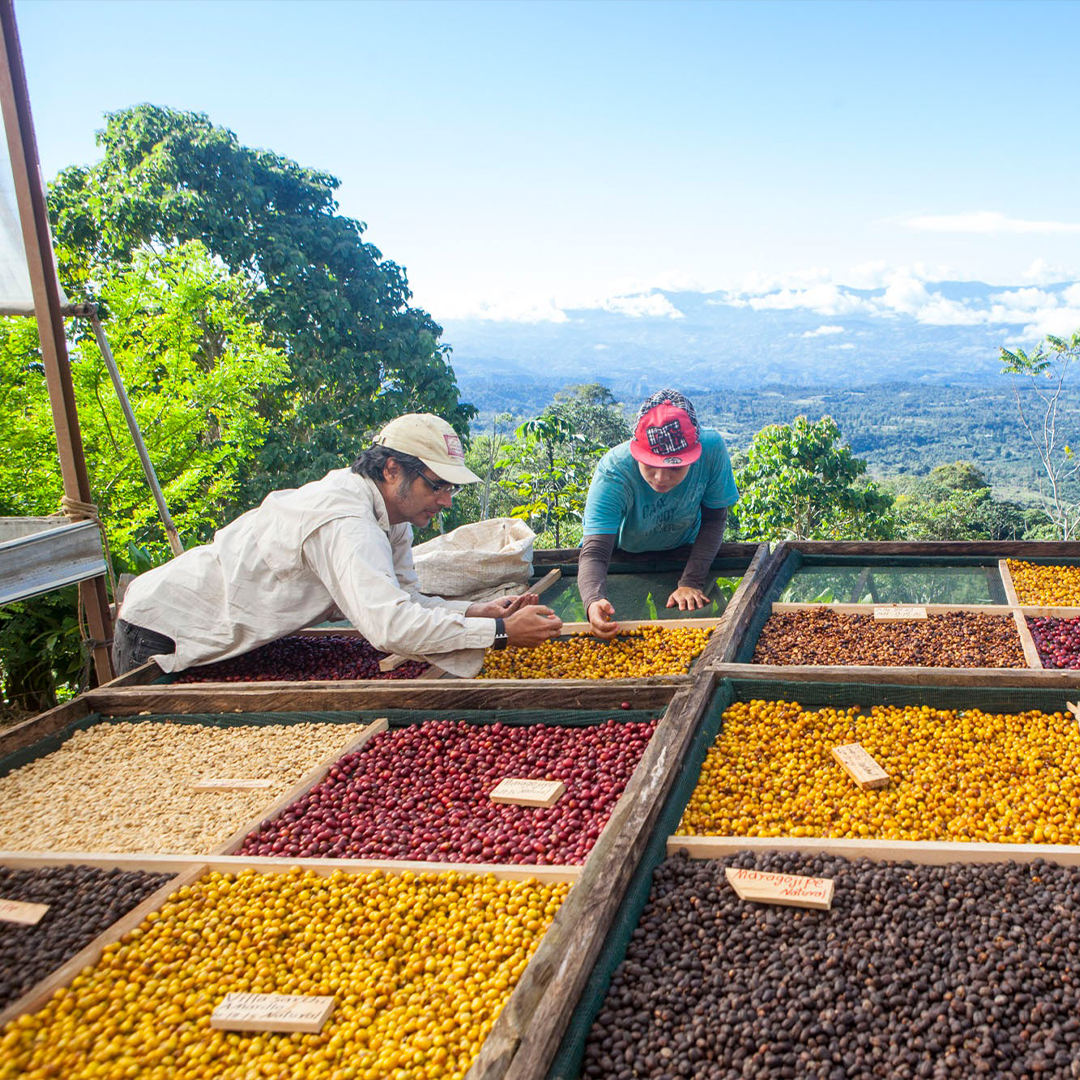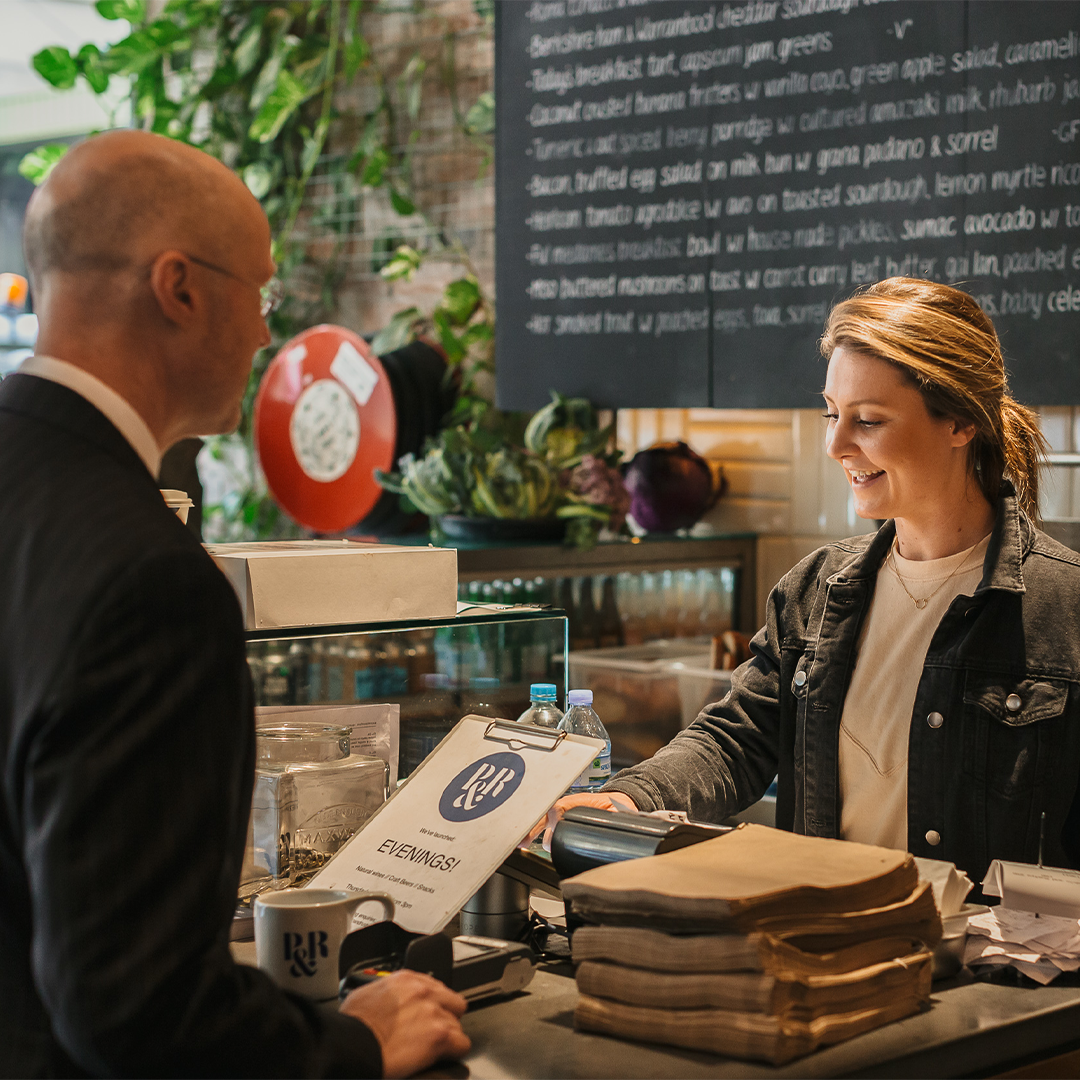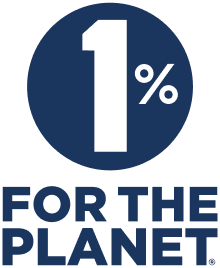It’s no secret that coffee is in a crisis. The combination of sustained poor weather, skyrocketing commodity prices and the Australian dollar languishing at historic lows has created a perfect storm. Even the largest multinational coffee companies, equipped with sophisticated buying and supply chains, have either raised prices or are preparing to do so, with increases often exceeding 25%.

Against this backdrop, if your roaster hasn’t raised their prices, it’s time to ask some serious questions. Here’s why:
How are you paying for it?
The surge in coffee prices is too significant to be offset with typical supply chain tweaks or cost-saving measures. If your roaster hasn’t adjusted their pricing, you need to ask how they’re absorbing the costs. Are they cutting corners elsewhere? Perhaps in equipment maintenance, freight, or staff? Such compromises might not be immediately visible but can affect your business over time.
What about quality?
Have you noticed changes in the flavour or consistency of your coffee? If the taste hasn’t shifted despite the cost pressures, it’s worth asking how they maintain quality. High quality specialty beans come at a premium in today’s market. If your roaster hasn’t raised prices but promises the same standards, it’s reasonable to question whether quality has been compromised or if they rely on unsustainable practices to bridge the gap.
-v1736297298582.png)
Is there enough coffee?
Coffee supply chains are finely balanced. If a roaster can’t afford to pay current market prices, they may struggle to secure sufficient quantities of quality beans. This could result in a noticeable drop in product and service standards or, worse, running out of stock entirely. Without price increases to match market conditions, a roaster’s ability to have continued supply is at risk.
Will they be open tomorrow?
Sustainability isn’t just about environmental considerations. It’s about financial viability, too. Roasters who struggle with price increases may find themselves under significant financial stress. While temporary cost-cutting or staff reductions might offer short-term relief, these measures can’t substitute for a sustainable pricing model. If a business can’t adapt, it risks closure, leaving you without a trusted source for your coffee. We hope cafes and consumers now understand the position many roasters, farmers and everyone in the coffee supply chain is in if they cannot raise prices.

The bigger picture: A sustainable supply chain
The coffee industry is a delicate ecosystem. From farmers to roasters to baristas, every link in the supply chain needs to be strong for the whole system to thrive.
When roasters raise prices, it's often a matter of survival, not greed. It ensures fair compensation for everyone involved in bringing you that delicious cup of coffee.
If your roaster hasn't raised prices lately, it's worth checking in on them. They might be facing tough challenges. Open communication and understanding are key to a healthy industry.

We believe in a coffee world where:
Competition is healthy
Innovation and collaboration drive growth
Sustainability benefits people, planet, and profits
Ethical practices and respect are paramount
If your roaster has raised prices, take a moment to appreciate the context.
Finally, if you have not adjusted your coffee prices, now is the time to do so.



